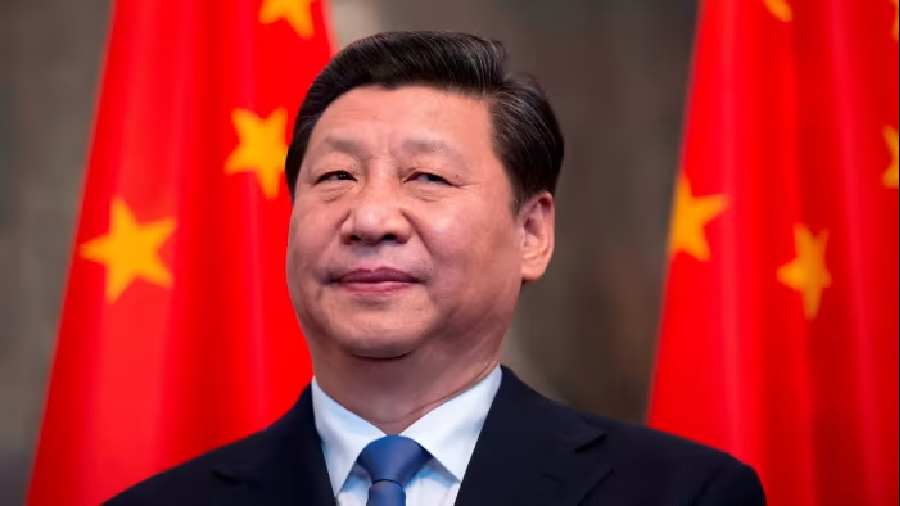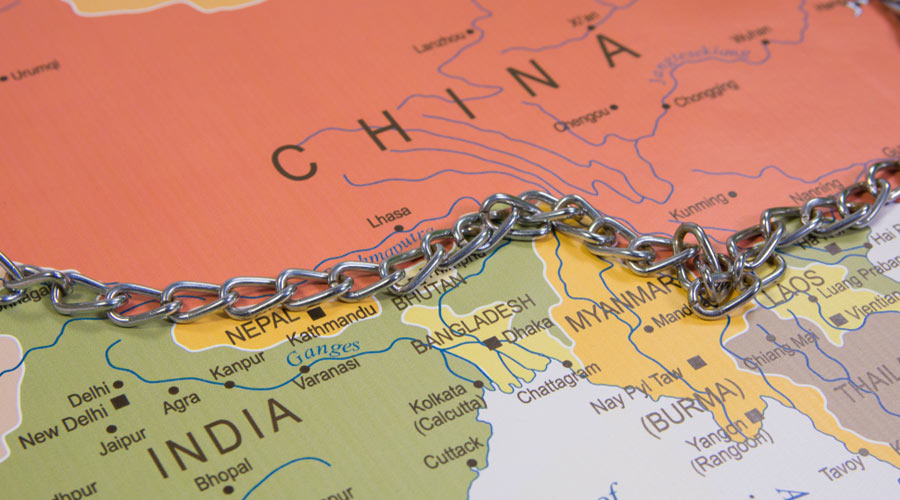The Chinese army has maintained its demand for the creation of a demilitarised buffer zone of 10-15km inside India-claimed lines at Depsang Plains as a precondition for disengagement, which means the further loss of territory for India in eastern Ladakh, sources in the security establishment said on Monday.
“During the 17th round of military talks last month, the Chinese People’s Liberation Army demanded the creation of a buffer zone of 10-15km inside India-claimed lines as part of the negotiation for disagreement from Depsang Plains.
Till date, they have maintained their demand and want India to accept it to resolve the remaining issues along the Line of Actual Control,” said a security official attached to the Union home ministry.
India, the official said, had rejected the PLA’s demand during the December 20 talks and recently conveyed that pre-condition should not be the basis for any dialogue to resolve the relevant issues.
“India has lost so much territory already by agreeing to buffer zones at multiple transgression points in eastern Ladakh,” he said.
The Chinese are said to have been entrenched 18km inside India-claimed lines in Depsang and have built permanent infrastructure, including roads, surface-toair defence systems, radars and observation towers. Overall, they are estimated to have taken over close to 1,000sqkm of India-claimed territory in Ladakh.
A research paper submitted by an IPS officer during the directors-general of police (DGP) conference held in Delhi from January 20-22 had flagged how India had lost access to 26 out of 65 patrolling points (PPs) in eastern Ladakh. These 26 PPs were patrolled by Indian security forces before the Chinese transgression in April-May 2020.
The annual DGP conference was organised by the Intelligence Bureau and was attended by Prime Minister Narendra Modi and Union home minister Amit Shah.
Sources said the research paper was among other papers submitted for discussion during the conference but it was not clear whether it was discussed during the meet.
On June 15, 2020, 20 Indian soldiers and at least four Chinese troopers were killed during a violent clash in Galwan.
Military veterans have for months questioned India’s continued silence on the restoration of the status quo as it was before the Chinese intrusions in Ladakh in May 2020.
They have accused the Narendra Modi government of ceding further territory by agreeing to the creation of demilitarised “buffer zones” within India-claimed lines as part of the disengagement process with the Chinese.
Chinese troops have so far disengaged partially from the Galwan Valley, Pangong Lake, Hot Springs and Gogra — with Indian soldiers too retreating by equal distances to create the buffer zones.
“In these buffer zones, Indian soldiers have retreated from their own land and the PLA troops have retreated from Indian-claimed lines but are still remaining there. Is it not territory loss for the Indian army? Has the Indian government accepted the new status quo created by the Chinese troops?,” a former lieutenant-general told The Telegraph.
China is believed to have deployed over 70,000 troops along the LAC in eastern Ladakh and continues to build infrastructure inside India-claimed lines.
External affairs minister S. Jaishankar had earlier said that India had made its biggest-ever LAC deployment to counter the Chinese buildup in Ladakh.











